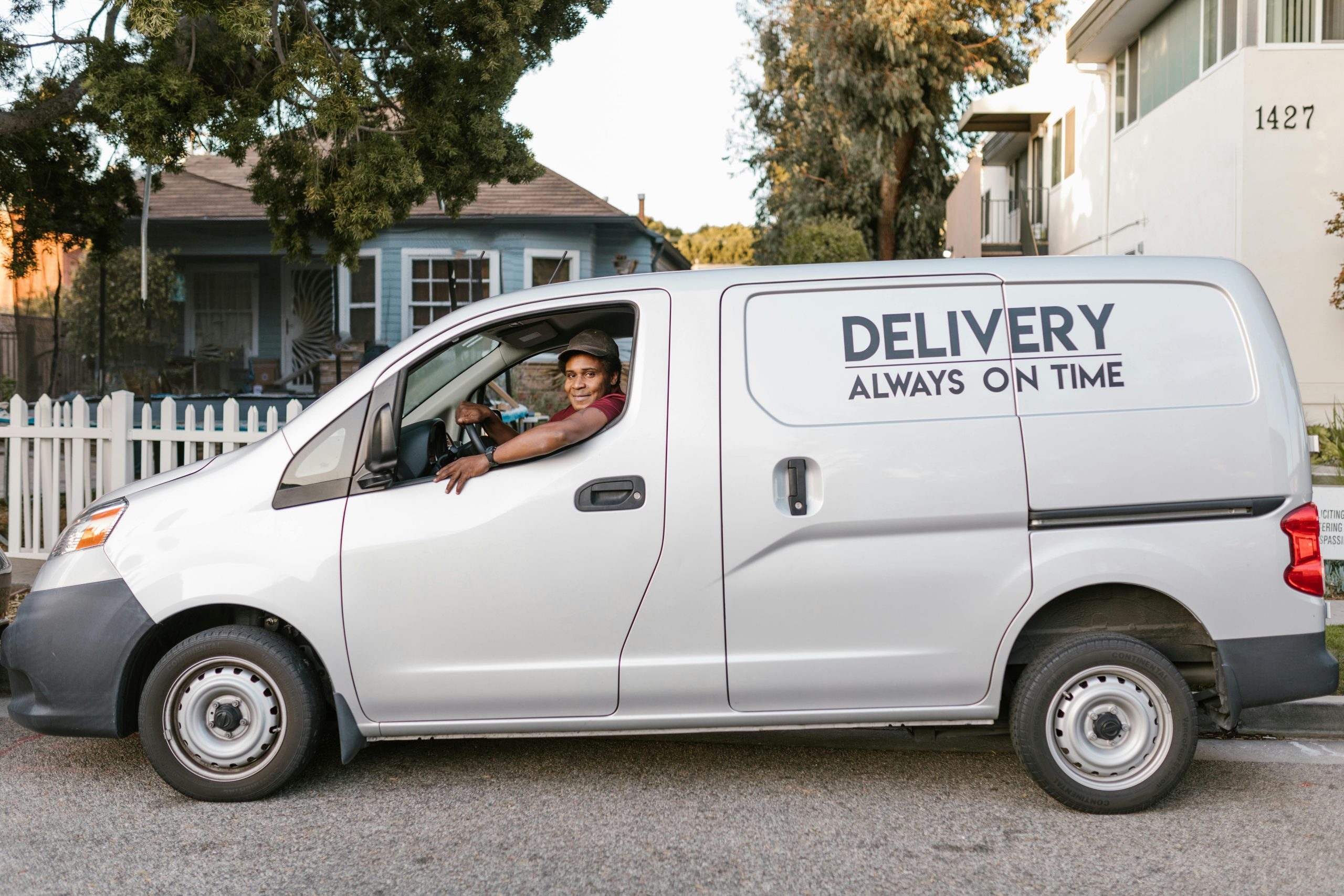How Car Subscription Services Are Reshaping Urban Mobility
The rise of car subscription services has been disrupting the traditional car ownership model, especially in urban areas. With the increasing popularity of alternative transportation options and the growing concerns about sustainability, car subscription services offer a convenient and flexible solution for city residents. In this article, we will explore how these services are reshaping urban mobility and the potential benefits they bring to the table.
The Emergence of Car Subscription Services
Car subscription services, also known as car leasing or car sharing, have been gaining widespread adoption in recent years. They offer a subscription-based model where users pay a monthly fee to gain access to a fleet of vehicles, without having to worry about maintenance, insurance, and other associated costs of car ownership.
While the concept of car subscription services has been around for a while, it is the advancements in technology and the rise of the sharing economy that have propelled its growth. The convenience of booking a car through a smartphone app and the increasing availability of electric and hybrid vehicles have made car subscription services a viable option for many.
Flexibility and Convenience
Payment Model
One of the main advantages of car subscription services is the flexibility of its payment model. Unlike traditional car ownership, users are not locked into a long-term contract or a hefty down payment. They can choose to pay on a monthly basis and have the option to cancel or upgrade their subscription at any time.
Vehicle Options
Another major appeal of car subscription services is the wide range of vehicle options available. Users can choose from different types of cars, from compact to luxury, based on their needs and preferences. This flexibility allows for a variety of use cases, such as renting a larger vehicle for a family trip or opting for a smaller and more energy-efficient car for daily commutes.
Convenient Access
The convenience of accessing a car whenever needed is another significant benefit of car subscription services. Most services allow users to book a car through their smartphone app and pick it up from a nearby location. Some services even offer home delivery, eliminating the need to travel to a designated pickup spot.
Impact on Urban Mobility
Car subscription services have the potential to reshape the way people move around in urban areas. Here are some of the ways they are impacting urban mobility:
Reducing the Need for Car Ownership
In densely populated cities, owning a car can be expensive and impractical. By providing an affordable and flexible alternative, car subscription services could reduce the need for car ownership, reducing traffic congestion and freeing up valuable parking space in urban areas.
Promoting Sustainable Transportation
Many car subscription services offer electric and hybrid vehicles, promoting sustainable transportation options in cities. By incentivizing the use of eco-friendly cars, these services could help reduce carbon emissions and improve air quality in urban areas.
Offering Cost-Effective Transportation
For city residents who do not need a car on a daily basis, car subscription services offer a cost-effective alternative to traditional car ownership. Users can save on the costs of car insurance, maintenance, and parking, while still having access to a car whenever necessary.
Challenges and Limitations
While car subscription services offer many benefits, they also face challenges and limitations. For example, the availability of vehicles may vary by location, and users may experience difficulty finding a car during peak times. Service interruptions due to vehicle maintenance or repairs could also be an inconvenience for subscribers.
Moreover, car subscription services may not be as cost-effective for users who need a car on a daily basis, as the monthly fees can add up over time. Additionally, insurance coverage and liability may be a concern for some users, as they are not the owners of the vehicles.
Conclusion
The rise of car subscription services is transforming urban mobility and providing city residents with an alternative to traditional car ownership. With flexible payment models, convenient access, and a wide range of vehicle options, these services offer a flexible and cost-effective solution for transportation needs. As technology and sustainability continue to shape the way we move around in cities, car subscription services are likely to play a significant role in the future of urban mobility.










